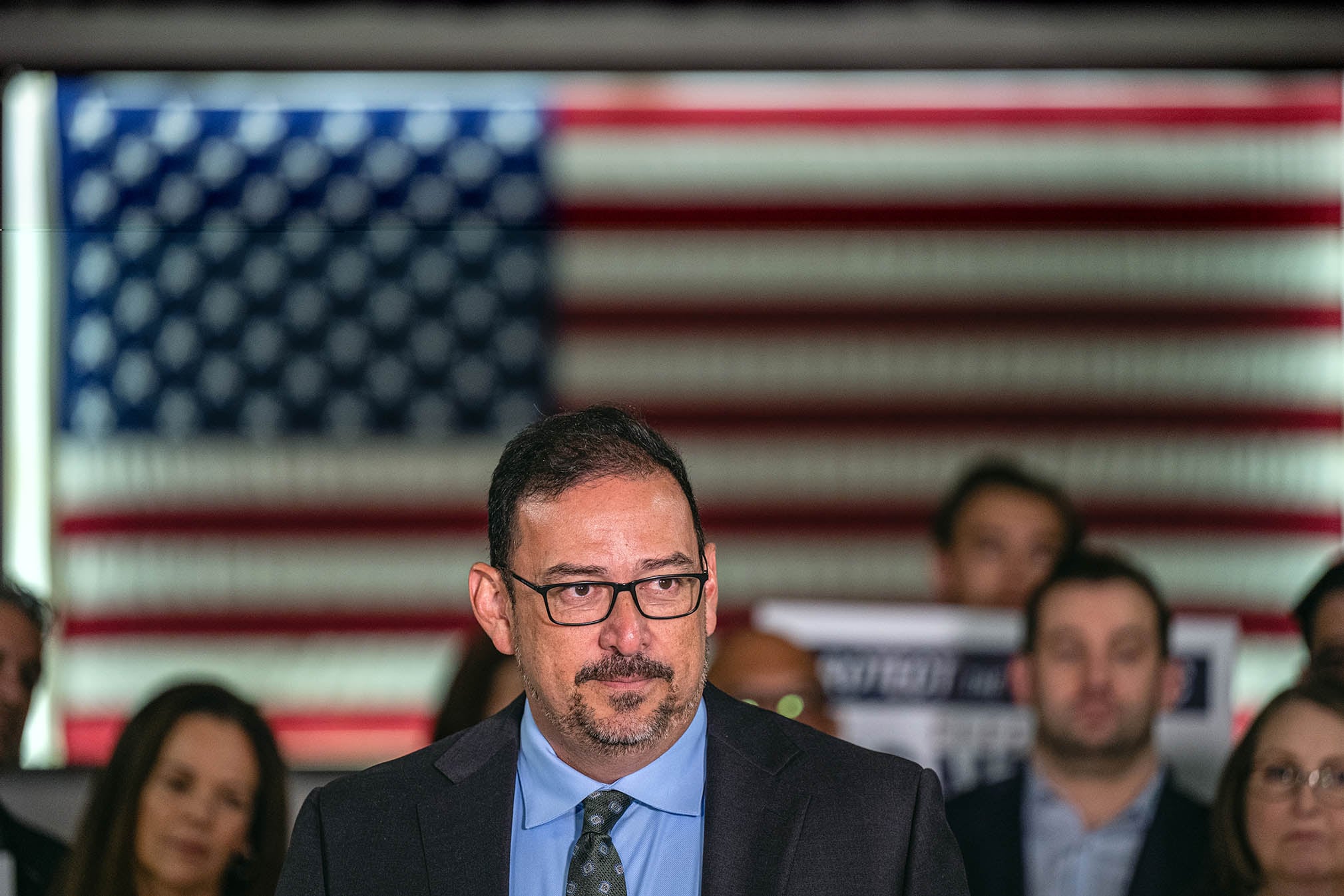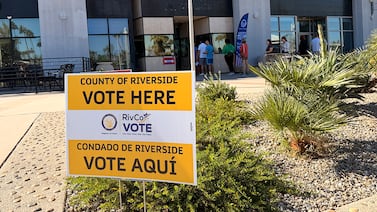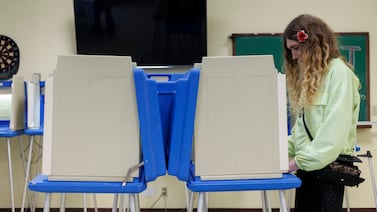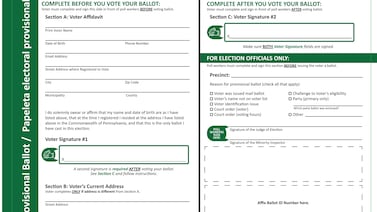Votebeat is a nonprofit news organization reporting on voting access and election administration across the U.S. Sign up for Votebeat Arizona’s free newsletter here.
The Arizona Secretary of State’s Office corrected errors in its finalized primary election results after realizing it incorrectly determined which Green Party candidates will move on to the November election.
An office spokesperson attributed the errors, which affected seven Green Party races, to an aging electronic results reporting system that was not programmed to correctly identify the winners, and an overworked staff that did not catch the errors while proofreading the canvass.
“We need more people and updated systems, which requires action by state and federal legislatures,” the office’s communications director, Aaron Thacker, wrote in a statement.
Secretary of State Adrian Fontes, a Democrat, recertified the election Friday after correcting the errors.
The initial canvass — the official statewide compilation of election results — named the incorrect winner in the Green Party’s U.S. Senate primary, skipping over write-in candidate Eduardo Quintana, who got the most votes. It also failed to acknowledge that seven other write-in candidates in six Green Party races will advance to the general election.
The errors came after the office incorrectly accounted for rules governing the requirements for write-in candidates to advance to the general election. Those rules set a different threshold for the number of votes a write-in candidate must win depending on whether their party is new or has a permanent spot on the ballot.
The Green Party alerted the state elections director to the errors after the initial canvass was finalized on Thursday, Thacker said. The problem was first reported by KJZZ. The Green Party and Quintana did not respond to requests for comment.
The state recognized the Green Party last year and it doesn’t yet have a permanent spot on the ballot. Under state law, write-in candidates for new parties don’t need a minimum number of votes to win their race or to qualify for the November ballot, while established parties’ write-in candidates do. But the electronic system “did not distinguish these nuances,” Thacker said, and staff didn’t catch it. That may be in part because the Green Party does not seem like a new party.
“No one recognized that status change at first because the Green Party has been around for so long, unlike a new party like No Labels Party,” Thacker said.
Thacker said the office’s proofreading process for the canvass involves “multiple layers of checks and balances.” But he said the same people doing the proofreading had been working “non-stop” to review a historic number of signatures on petitions for November ballot initiatives.
Thacker said the office will ask for more staff and new technology in next year’s budget. The office will also plan for better training and “more redundant systems” to try to reduce human error, he said.
Jen Fifield is a reporter for Votebeat based in Arizona. Contact Jen at jfifield@votebeat.org.






